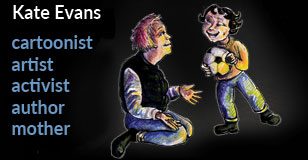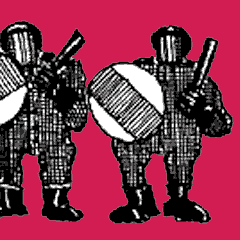was the spur for my initial involvement in political activism.
The Tories knew what they were doing when they criminalised raves. The alcohol companies were potentially losing out on billions of pounds of revenues – a situation that has been happily remedied now that vodka, red bull, cocaine abuse and fighting have replaced ecstasy, acid, free love and dancing as the youth drugs of choice. But further to that, raves represented a real challenge to the status quo: they broke down social barriers. In Northern Ireland, they brought Protestants and Catholics together, and provided a meaningful platform for the peace process. Here in Britain, the working classes and the upper classes were mingling happily. What might have happened if they had been allowed to continue? Emma Goldman supposedly said “if I can’t dance, I don’t want to be part of your revolution” – what if we were all part of a revolution, and all we thought we were doing was dancing?
The initial effect of the Criminal Justice Act was that 1994 became a heady summer of party and protest. The Act made common cause of environmental protesters, hunt saboteurs, partiers, travellers and squatters, and boy, did we have a good time opposing it.


